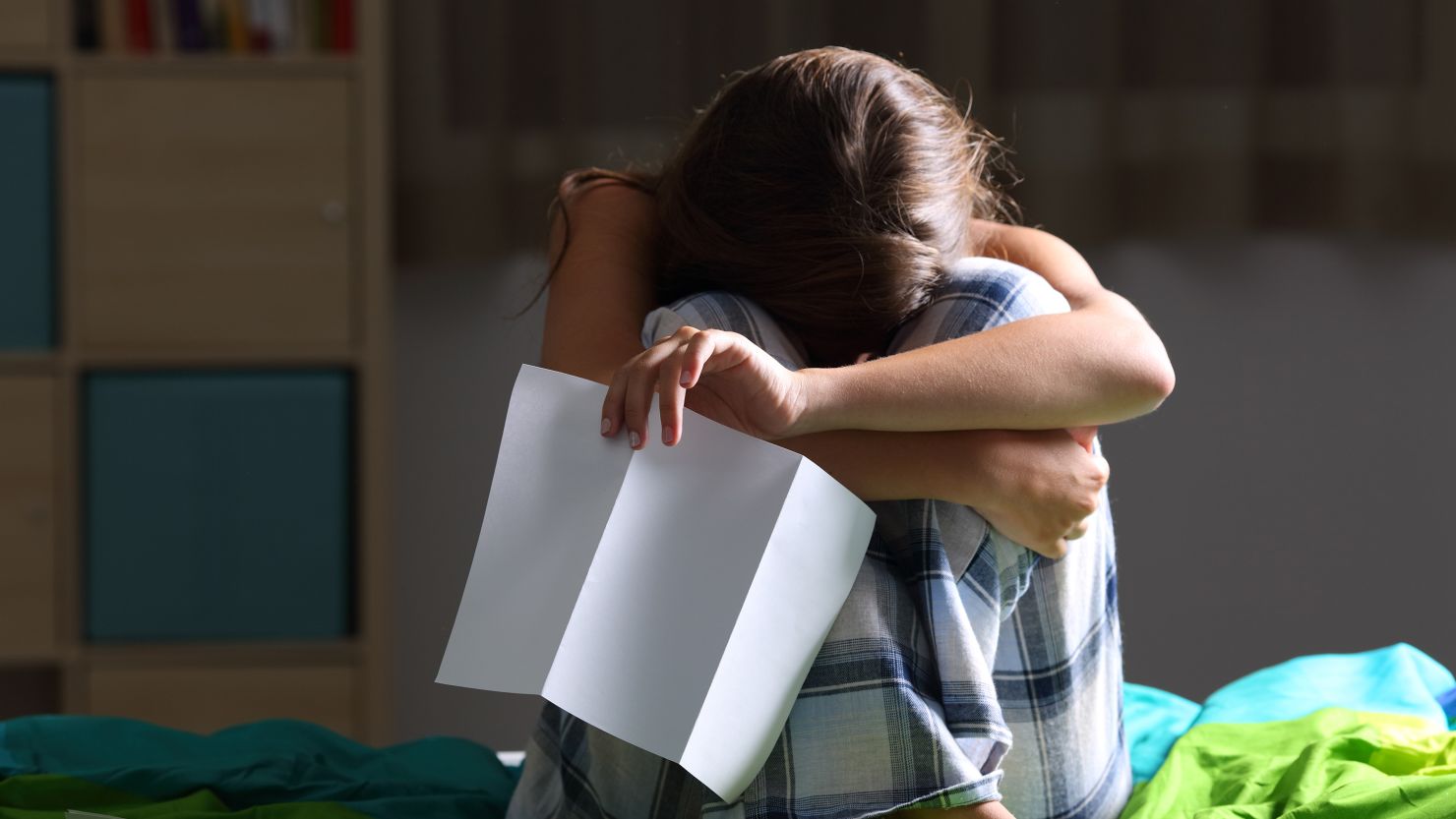Mental health risks in adolescents

Adolescense is a time of tremendous change. There are physical and hormonal changes, new social relationships, and new pressures. Add to that the role of social media, where cyberbullying and other types of online abuses or pressures are very much present, create a minefield for the mental well being of today’s youth.
This is partly the reason why most mental health disorders appear at this age, when rates of depression and anxiety usually shot up, especially among girls.
In the United States, 42 percent of high school students in 2021 felt persistently sad or hopeless, and 29 percent experienced poor mental health, according to the Centers for Disease Control and Prevention (CDC).
But Latinos face more than just the natural pressures faced by teens. Language barriers, discrimination and/or racism, and immigration challenges impact them in unique ways and contribute to create disparities that negatively impact their mental health.
Signs that your teen may be struggling
You know your child better than anyone and can probably spot any mental health symptoms unique to them when something doesn’t seem “normal” anymore.
But in general, there are some general signs to look out for, including:
Changes in sleep, weight, eating habits
Loss of interest in things and people
Refusing to talk about what’s bothering them
Signs of drug, alcohol, or other substance use
Signs of self-harm such as cuts, burns, bruises
One symptom alone for a short period of time may not mean your child is experiencing a mental health crisis, but a prolongued showing of several of them should be addressed sooner rather than later.
Experts recommend that you begin to address it by opening yourself up to them and reassure them that they are safe to talk about anything that may be bothering them. They may be reluctant to talk at first, but when they do open up, it’s time to listen more than you speak, and do so without being judgmental.
Challenges to treatment
Cultural and language barriers, misinformation, and other issues make it difficult for Latinos to seek treatment until the situation reaches dangerous levels.
“Many Latinos are devout Christians, which often means they believe in the potential healing power of religious faith, or they may believe that someone has a mental illness because they did not adhere to religious or cultural values to be strong and put up with adversity. This induces stigma about mental health,” said Rutgers University scholar Susan Caplan.
There are also issues of shame, like being labeled “loco” (crazy), or the tendency to seek homeopathic treatments that may do more harm than good.
A full 73 percent of whites diagnosed get treatment for depression compared to 63 percent for Latinos.
While finding a culturally-appropriate and sensitive therapist may be hard, the important thing is to take the first step and look for help if your son/daughter is exhibiting signs that they’re facing mental health challenges.
You may start looking for help at your child’s school or with local community agencies.
Here are other resources:
The Los Angeles County Department of Mental Health (LACDMH) supports the wellbeing of our County residents and communities. LACDMH’s Help Line is available 24/7 to provide mental health support, resources and referrals at (800) 854-7771.
Therapy for LatinX serves as a database of therapists who either identify as LatinX or have worked closely with LatinX communities and understands their needs.
https://www.therapyforlatinx.com/
Each Mind Matters is California’s Mental Health Movement and features organizations working to advance mental health.
Call 988 to contact the Suicide and Crisis Lifeline

